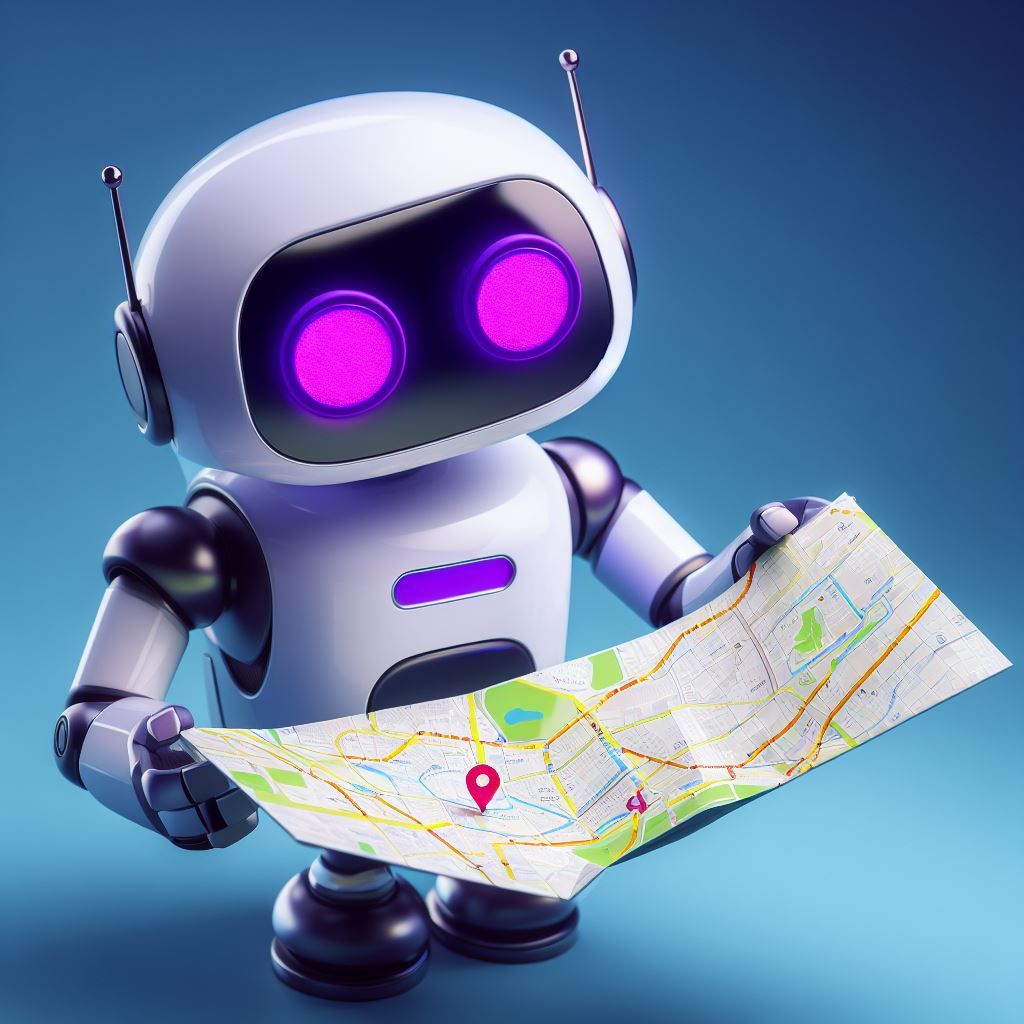Where Not What
Why do you want to know about Personal Knowledge Management? Because it is much easier to remember one thing, than a million details. I call this philosophy, Where Not What. Because it helps me know the ONE place I where I need to go, to find out what I need to know.

One of the challenges I run into when I'm trying to help people understand why they want to build a second brain is that the topic is so broad, it's hard to know where to begin. There is so much ground to cover. However, what I have started to learn, that like so many things, it is worthwhile to give somebody a grounding in principles. When we have a sense of the problem we are trying to solve, then we can start talking about solutions.
The easiest way I have learned to express the reason behind this kind of note taking system is that we are expected to carry so many kinds of information, that it can prevent us from living in the present moment, dedicating all of our attention to where our life actually happens in the now.
Know Where to Go, to Find What You Need to Know
To make my life easier, I don't want to have to remember everything, I only want to remember one thing. I call this Where Not What. I want to remember where to go, to find out what I need to know. My second brain is the tool that remembers for me, what I need to know. This is what I mean about personal knowledge management. Because it is about managing what I, Scott Novis, the human need to know to be effective and show up in the world the way I want to show up.
Where Not What = Remember one thing,
instead of everything.
For me, this system integrates habits from Tiago Forte, Michael Linenberger, Sönke Ahrens, and Barbara Oakley. Here's how this system works.
- You need a trusted place to keep information that is with you everywhere you work.
- You need a fool proof way of prioritizing your work
- You need a largely fool proof way of organizing your work
Ultimately, I want a system that becomes more valuable the more I use it. This is what makes it a skill. Skills improve with use. If you have a system that makes you feel more overwhelmed the more you use it, you have built a psychic leach. As an entrepreneur and an executive, when I invest time and effort, I want to see a positive return, ideally 10 to 1. When I invest energy into systems and they become less valuable to me, well let's just call that a behavior that needs to stop.
So my goal is to implement a system that is always available, is portable, and improves over time.
As I understand it, this is what Personal Knowledge Management does for me. It is a collections of habits and skills built on top of tools and technology that solve this problem. PKM or the Where Not What is how I drive. Obsidian is what I drive. Just like people can drive lots of different cars, you can drive lots of different kinds of tools.